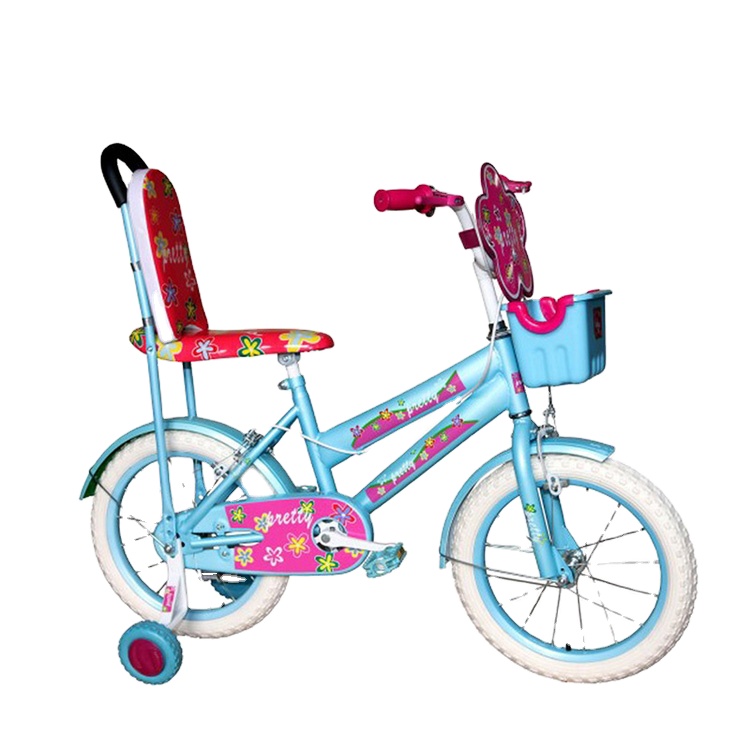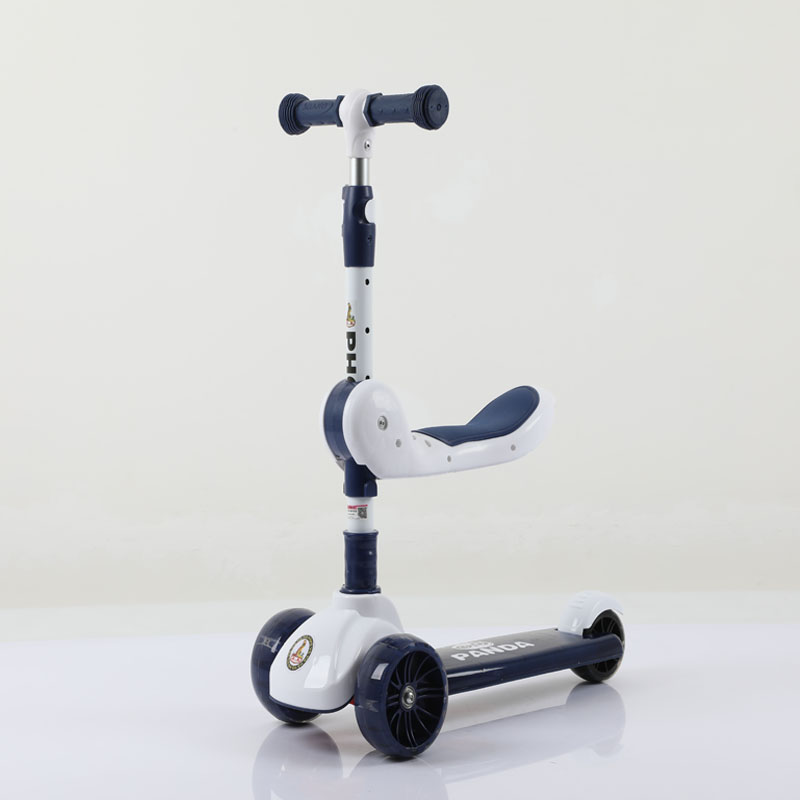3 月 . 06, 2025 14:46 Back to list
woom 2 as balance bike
The Skuut balance bike recall has raised significant concerns among parents and guardians seeking reliable products for their children. With safety as the paramount consideration, understanding the intricacies of this recall becomes essential for both consumers and industry professionals.
Experts in child safety and product liability echo the importance of certifications from recognized bodies such as ASTM International and the Consumer Product Safety Commission (CPSC). These certifications promote higher consumer confidence in a product’s safety profile. Parents can feel reassured knowing that products undergo extensive testing against rigorous benchmarks before reaching the market. Moreover, examining the recall's repercussions offers valuable lessons for marketers and SEO specialists targeting this niche. Rebuilding consumer confidence often involves leveraging digital platforms and content that highlight transparent measures taken to rectify previous issues. SEO strategies that focus on genuine customer testimonials, authoritative expert insights, and in-depth breakdowns of safety certifications can enhance product listings and improve site visibility on search engines. Parents and caregivers should remain vigilant about updates and recalls, leveraging easily accessible resources provided by retailers and manufacturers. Signing up for recall notifications and maintaining regular checks on product websites can serve as proactive steps in ensuring their child’s safety above all else. For the Skuut balance bike, outlining steps taken post-recall—such as redesign implementations and further safety qualifications—could solidify renewed trust among consumers. Clear communication on improvements can reestablish brand equity, assuring users of the brand’s commitment to safety. Ultimately, the core credibility of children’s products depends on the delicate balance between innovative design and uncompromising safety. Industry-wide, the Skuut recall serves as a stern reminder that beneath innovative designs lies an inevitable responsibility to secure the well-being of the most vulnerable consumers—our children. Through improved safety standards and transparent communication, they not only protect their young riders but also bolster brand loyalty, enabling long-term company growth and customer satisfaction.


Experts in child safety and product liability echo the importance of certifications from recognized bodies such as ASTM International and the Consumer Product Safety Commission (CPSC). These certifications promote higher consumer confidence in a product’s safety profile. Parents can feel reassured knowing that products undergo extensive testing against rigorous benchmarks before reaching the market. Moreover, examining the recall's repercussions offers valuable lessons for marketers and SEO specialists targeting this niche. Rebuilding consumer confidence often involves leveraging digital platforms and content that highlight transparent measures taken to rectify previous issues. SEO strategies that focus on genuine customer testimonials, authoritative expert insights, and in-depth breakdowns of safety certifications can enhance product listings and improve site visibility on search engines. Parents and caregivers should remain vigilant about updates and recalls, leveraging easily accessible resources provided by retailers and manufacturers. Signing up for recall notifications and maintaining regular checks on product websites can serve as proactive steps in ensuring their child’s safety above all else. For the Skuut balance bike, outlining steps taken post-recall—such as redesign implementations and further safety qualifications—could solidify renewed trust among consumers. Clear communication on improvements can reestablish brand equity, assuring users of the brand’s commitment to safety. Ultimately, the core credibility of children’s products depends on the delicate balance between innovative design and uncompromising safety. Industry-wide, the Skuut recall serves as a stern reminder that beneath innovative designs lies an inevitable responsibility to secure the well-being of the most vulnerable consumers—our children. Through improved safety standards and transparent communication, they not only protect their young riders but also bolster brand loyalty, enabling long-term company growth and customer satisfaction.
Share
Latest news
-
Children Tricycle Factory Custom Designs & Safety Certified
NewsMay.30,2025
-
Best Scooters for Teens Top-Rated, Safe & Durable Rides for 2023
NewsMay.30,2025
-
Affordable Mini & Baby Bicycle Prices Best Deals & Discounts
NewsMay.29,2025
-
20-Inch Kids Tricycle Adjustable Seat, Safe & Durable Design
NewsMay.29,2025
-
20 Inch Kids Bikes Lightweight, Adjustable & Durable Designs
NewsMay.29,2025
-
Magnesium disc Bicycle wholesale children bicycle wholesale children mountain balance bicycle
NewsMar.07,2025
